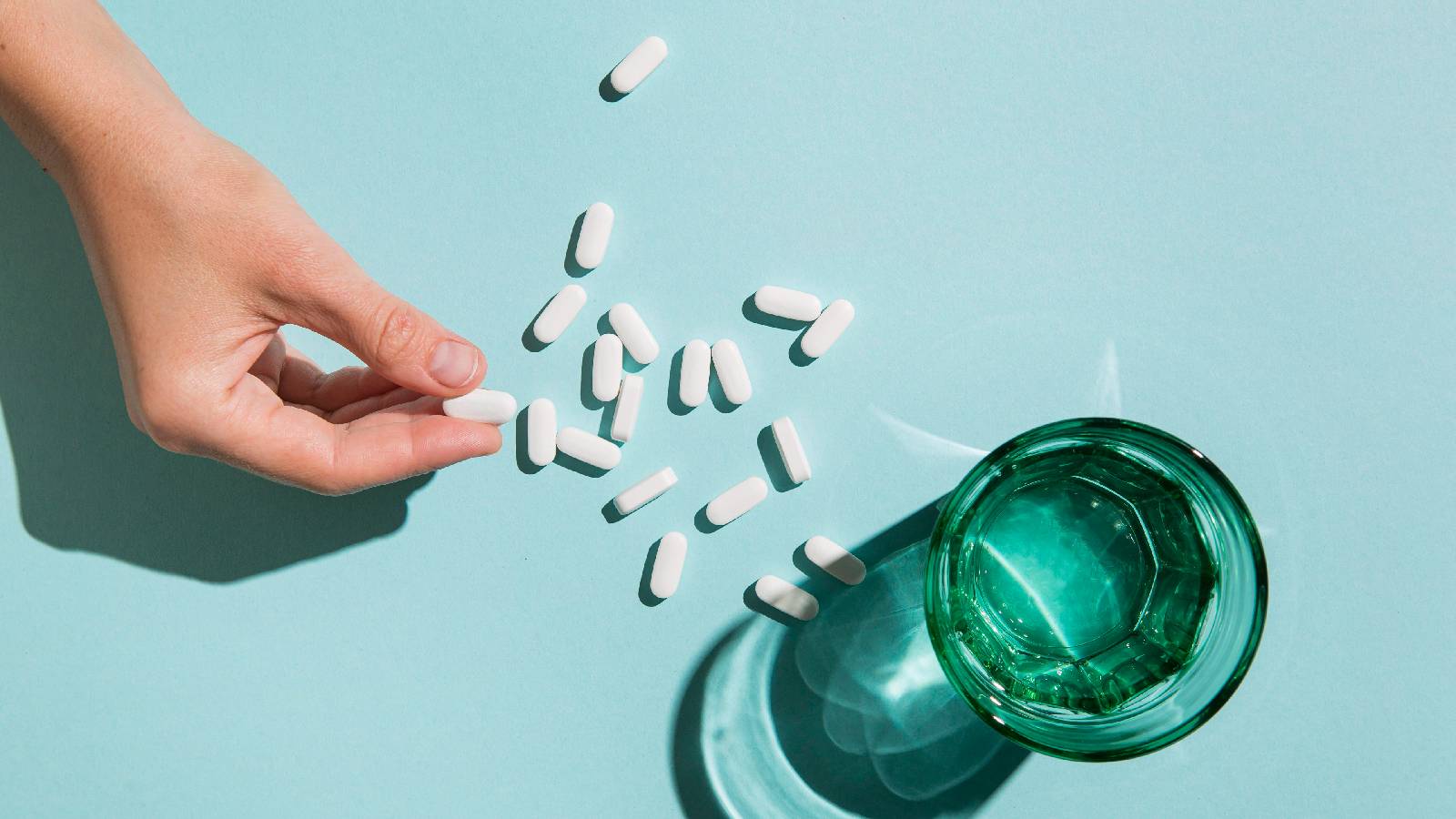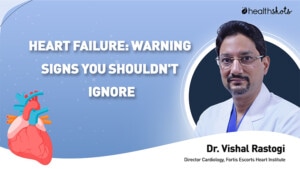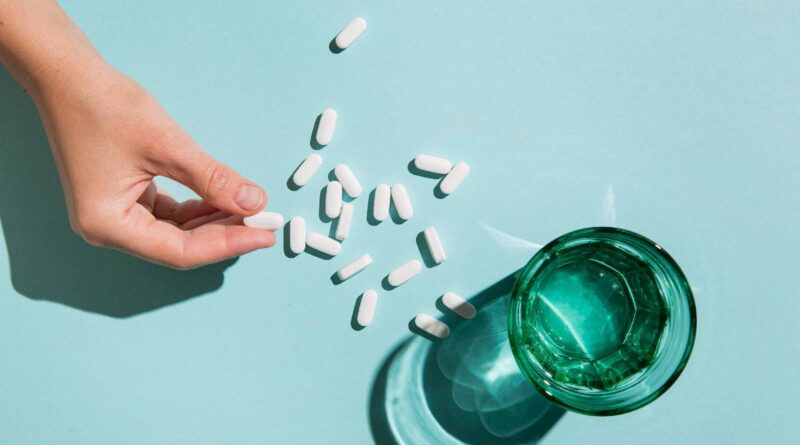9 medications that cause high blood pressure
Although there are several causes of high blood pressure, certain medications can increase the risk. Here are 9 common medications that quietly raise blood pressure levels.
High blood pressure, or hypertension, is a common condition that affects approximately 1.3 billion people worldwide. It is the main preventable risk factor for heart disease, which kills about 10 million people every year, according to the World Heart Federation. Although controlling blood pressure is important, many people do not realize that certain medications can contribute to high blood pressure without them knowing. From common painkillers and antidepressants to decongestants, these drugs can cause serious harm, especially to those who are already dealing with high blood pressure. It is important to be aware of these medications and their side effects, so learn if they are one of the causes of high blood pressure.
What is high blood pressure?
Hypertension occurs when the pressure of the blood against the walls of your arteries is too high. This can damage your heart and blood vessels, leading to health problems such as heart disease, stroke and kidney damage. Blood pressure is measured in millimeters of mercury (mm Hg) and is reported as two numbers: systolic (pressure during a heartbeat) and diastolic (pressure between heartbeats). A normal reading is usually around 120/80 mm Hg. Hypertension is usually defined as having a reading of 130/80 mm Hg or higher. While the causes of high blood pressure include family history, obesity, lack of exercise, etc., certain medications can also cause high blood pressure.
9 medications that can cause high blood pressure
Although there are several causes of high blood pressure, certain medications can also cause a spike, including:
1. Nonsteroidal anti-inflammatory drugs (NSAIDs)
Dr Sameer V Pagad explains: “NSAIDs include both prescription and over-the-counter medicines that are commonly used to provide quick relief from chronic pain and reduce inflammation, particularly in conditions such as arthritis. Although As such, these medications can cause the body to retain excess fluid, adversely affecting kidney function. When the kidneys are not working properly, they can lead to large fluctuations in blood pressure, and ultimately stress In addition, taking NSAIDs, especially in high doses or taking them for one week, one month, or more than one month, can increase the risk of heart attack or stroke, according to a study published in the British Medical Journal.Common NSAIDs associated with high blood pressure include ibuprofen (Advil, Motrin) and naproxen (Aleve, Naprosyn).

NSAIDs are also available in various over-the-counter products, such as cold medicine. It is advisable to talk to your doctor to find out if NSAIDs are the cause of high blood pressure and if they are right for you. Your doctor may suggest alternatives, such as acetaminophen instead of ibuprofen.
2. Corticosteroids or steroids
Corticosteroids, often called steroids, are medications designed to mimic hormones produced by the adrenal glands. They help reduce inflammation and suppress the immune system. However, the regular use of corticosteroids can significantly increase the reabsorption of sodium in the kidneys, which leads to water retention. This fluid build-up can put extra pressure on the blood vessels, causing them to clog and lead to high blood pressure. A study published by the Canadian Respiratory Journal also found a link between the use of oral corticosteroids and the occurrence of high blood pressure and acute myocardial infarction, also known as heart disease.
In addition, corticosteroids can disrupt your body’s metabolism and contribute to weight gain, which can worsen high blood pressure. Higher doses of these drugs are associated with a greater risk of high blood pressure.
You can also like


Also read: Hypertension: Avoid these 5 exercises if your blood pressure is high
3. Cold or decongestant medications
Cold medicines, especially decongestants, are often used for quick relief from nasal congestion. They work by narrowing the blood vessels in the nasal passages, which reduces inflammation. However, many cold and cough medicines also contain NSAIDs to relieve pain, and as mentioned earlier, NSAIDs can raise blood pressure. Overuse of these medications can be dangerous in cases of high blood pressure. In addition, some decongestants may stimulate the heart and increase blood pressure and heart disease, according to the Annals of Emergency Medicine. Although these drugs help reduce nasal inflammation, they can also block blood vessels throughout the body, which contributes to high blood pressure.
If you have high blood pressure concerns, it’s best to avoid cold and cough medications that contain NSAIDs or decongestants, especially pseudoephedrine (Sudafed), which is known to raise blood pressure. Contact your doctor for other ways to reduce congestion, such as antihistamines or nasal sprays.
4. Antidepressants
Antidepressants are often prescribed to people dealing with mental health issues such as depression, anxiety, chronic stress, depression, and overthinking. When taken as directed by a health care provider, these medications can help restore balance to brain chemicals that influence mood and emotional well-being. “Although high blood pressure is not a common side effect of antidepressants, people with existing high blood pressure may face an increased risk. This risk can be further increased with higher doses of the medicine,” says Dr. Pagad.
Here are some examples of antidepressants that can contribute to high blood pressure:
- Monoamine oxidase inhibitors (MAOIs)
- Tricyclic antidepressants (TCAs)
- Selective serotonin reuptake inhibitors (SSRIs)
It is important to monitor your blood pressure regularly if you are taking antidepressants. Also, if you have high blood pressure or find it is not well controlled, talk to your health care provider about other medications and find out what is causing the high blood pressure. .
5. Immunosuppressants
Immunosuppressants are medications that weaken the immune system. They are often prescribed to prevent organ rejection after a transplant or to control flare-ups of autoimmune conditions. However, some immunosuppressants can lead to an increase in blood pressure, reveals a study published in Frontiers in Cardiovascular Medicine. Notable examples include cyclosporine (Sandimmune, Gengraf, and Neoral) and sirolimus (Rapamune). These drugs can raise blood pressure by constricting blood vessels and causing the kidneys to retain salt. If you are taking immunosuppressants, it is wise to have your blood pressure monitored regularly.

6. Migraine Medication
Migraines are associated with high risk factors for cardiovascular disease (CVD), including hypertension, diabetes and hyperlipidemia, according to a study published by the American Academy of Neurology. Some migraine medications, such as triptans, relieve pain by constricting blood vessels in the head. Although effective for controlling migraine symptoms, these drugs narrow the blood vessels throughout the body, which can lead to high blood pressure, which can reach dangerous levels.
The same study highlights that drugs that block the heart, including triptans and compounds containing ergotamine, may increase the risk of CVD in patients treated for migraine. If you have high blood pressure or any heart-related conditions, it is important to consult a doctor before using migraine or headache medications.
7. Birth control with estrogen
Some people who use hormonal birth control, especially pills that contain estrogen, may experience an increase in blood pressure. “The ring is also associated with high blood pressure in some users. Although modern methods of birth control have low levels of estrogen, this effect can still occur. Estrogen can contribute to high blood pressure levels by increasing levels of a protein called angiotensinogen, which converts to angiotensin II, a substance known to raise blood pressure, says Dr Pagad.
In most cases, hormonal birth control does not significantly affect blood pressure. However, if you have existing stress, your health care provider may suggest that you use the progestin-only pill or other methods, such as implantation or intrauterine device (IUD). If it’s not birth control pills, your doctor will help you find the exact cause of your high blood pressure.
8. Incentives
Stimulants, such as methylphenidate (Concerta, Ritalin, and others), can lead to an increased heart rate or irregular heartbeat, which can raise blood pressure, such as StatPearls. These drugs work by improving the activity of certain chemicals in the brain, improving concentration and attention. However, they can also increase the risk of blood pressure-related problems by activating the sympathetic nervous system, which leads to heart palpitations and narrowed arteries, both of which contribute to in high blood pressure. If you take stimulants, keep your blood pressure under control.
9. Weight loss drugs
Some medications for weight loss or obesity, such as sibutramine, can make heart disease worse. These drugs can increase the risk of heart diseases such as heart attack, angina, stroke, arrhythmias and congestive heart failure, according to a study published by the American Diabetes Association. Appetite suppressants, in particular, can increase your body’s activity level, leading to high blood pressure and increased pressure on the heart. Before starting any weight loss drug—whether it’s a prescription or over-the-counter—it’s important to talk to your doctor. Although these medications can help you lose weight, they can also cause more harm than good.
If you are taking any of these medications, especially if you have a history of high blood pressure, it is important to have your blood pressure checked regularly and talk to your healthcare provider. life about good habits for your health.
#medications #high #blood #pressure
